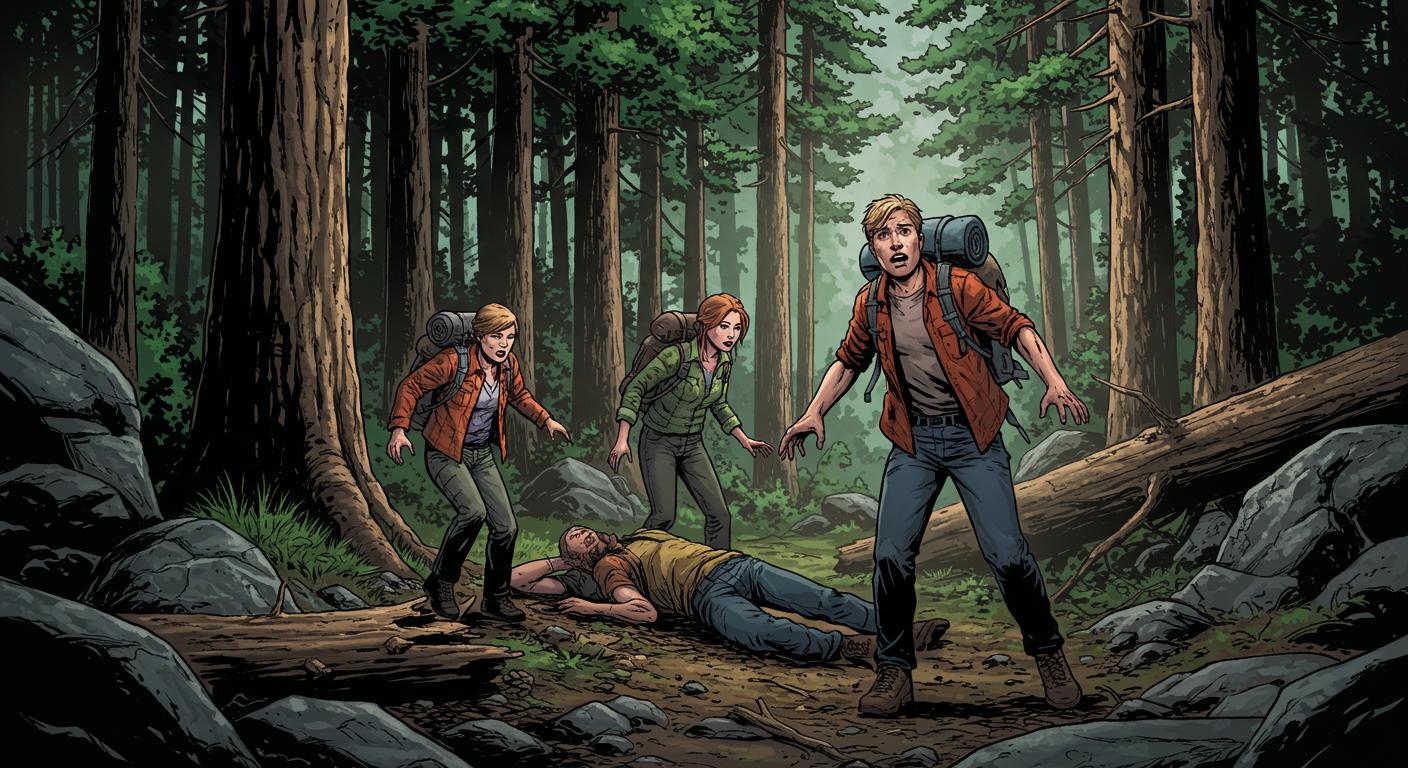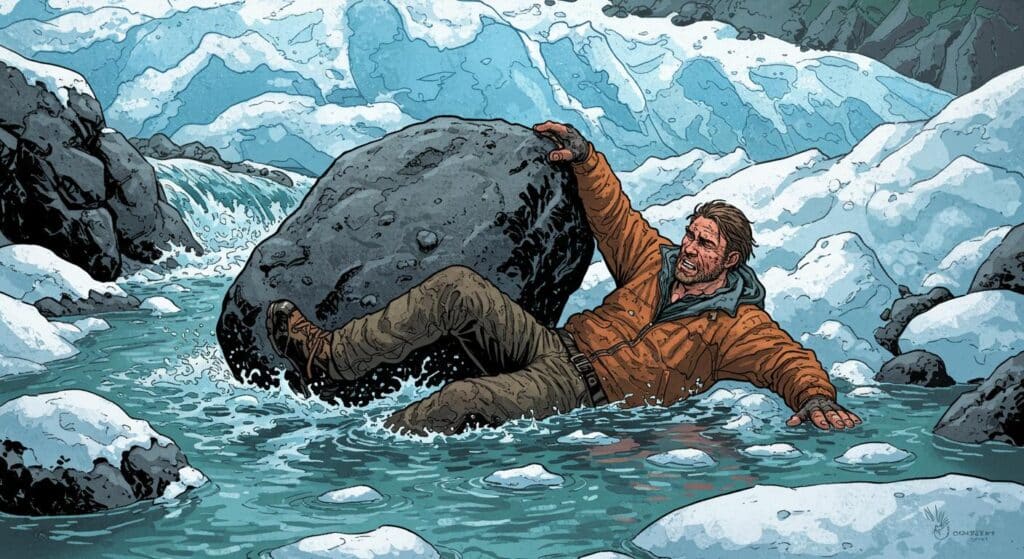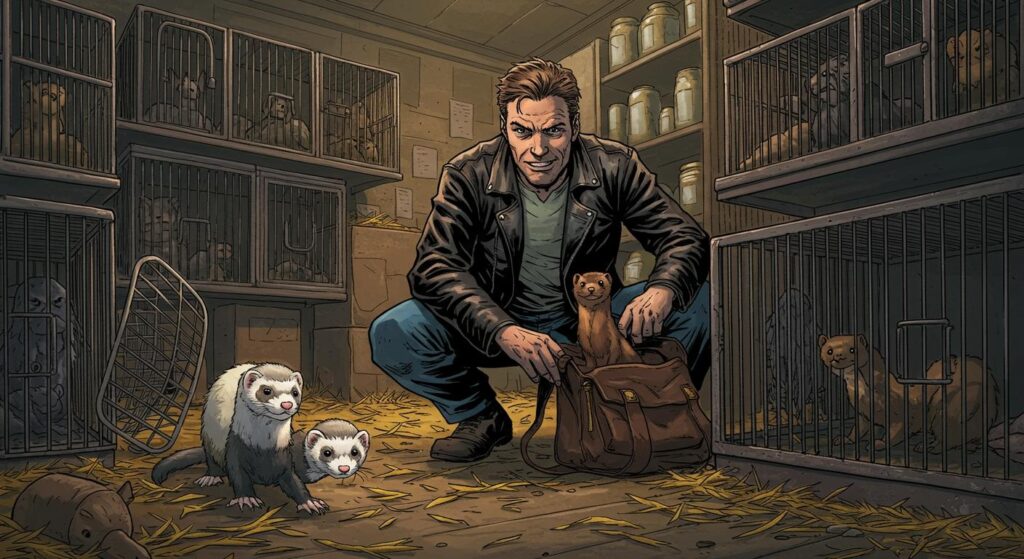Strap in: few things can rival the unique discomfort of mistakenly believing your friend has died, only to discover they’re simply lost in a mushroom-induced reverie. According to a widely circulated Associated Press account, two hikers recently experienced this exact scenario on one of the Adirondack High Peaks — the sort of incident that’s both deeply awkward and oddly of our times.
The Cascade Highs and Lows
Officials with New York’s Department of Environmental Conservation detailed an incident last Saturday involving two hikers on Cascade Mountain who, under the influence of hallucinogenic mushrooms, became convinced their companion had died. As described in the AP report, the pair called 911 from the mountainside, reporting a death that, as it turned out, hadn’t occurred. Their perception, while vivid, bore no resemblance to reality.
In a twist layered with irony, the pair also sought help from a summit steward, relaying that they were lost. The steward, after interacting with the hikers, recognized that they were “in an altered mental state,” a phrase that feels generous given the unfolding confusion. The Associated Press notes that the Department’s staff quickly determined, through both observation and communication, that the supposed casualty was neither injured nor missing — in fact, the “dead” individual promptly called to clarify his well-being.
The Logistics of an Imaginary Death
The AP outlines how the scene shifted from surreal to mildly farcical. Upon responding, a state forest ranger escorted the two confused hikers down the mountain, where they were transported by ambulance to a hospital — likely for monitoring rather than intensive care. Meanwhile, their friend, who had been reported as deceased in error, simply returned to their shared campsite. Eventually, the group was reunited, with officials confirming that all parties were unharmed.
Earlier in the report, it’s mentioned that Cascade Mountain is a popular spot for both novice and experienced hikers, making the episode a particularly public display of mistaken mortality. The Department of Environmental Conservation’s summary offers little judgment but ample material for retelling.
When Reality Is Subject to Interpretation
There’s both a cautionary and a comical undertone here. Taking psychedelics in remote, rugged terrain — where the line between reality and hallucination can become tragically blurred — is the sort of decision that leads to adventure in the loosest possible sense. As recounted in the Associated Press, the blend of wilderness, altered states, and basic miscommunication created a scenario that lands comfortably in the category of “Strange News.”
For those who appreciate oddities, you have to admire how unpredictability, nature, and the human psyche intersected in this particular tale. What must it feel like to learn you’ve been reported dead simply because your companions’ journey inward was more disorienting than expected? Relief, likely; exasperation, certainly; perhaps a twinge of pride at being the protagonist of a story rangers will quietly shake their heads about for seasons to come.
Concluding: Lessons in (Mis)Communication
If there’s a lesson to be found in mushrooms, mountains, and mistaken identity, it might be to keep your senses — and your sense of humor — sharp when venturing outdoors. The Cascade Mountain mix-up, as highlighted by the Department of Environmental Conservation and the AP, serves as an inadvertent reminder: sometimes, it takes nothing more than a poor reading of the situation (and a few mushrooms) to turn an ordinary hike into a case study of human error.
After all, it’s not every day that someone manages to come back from a reported death — without ever leaving the trail in the first place.







